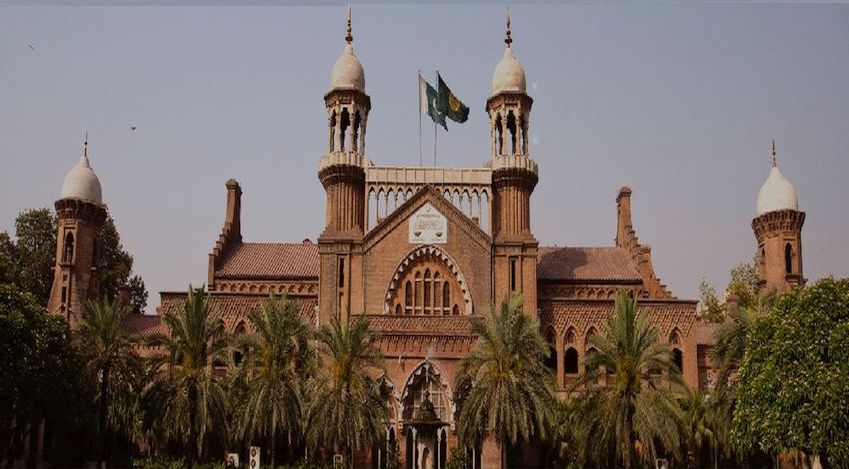Lahore High Court Dismisses Petition Challenging Vice Chancellor Appointment Process in Punjab Universities due Non-Availability of Specific Evidence of Bias
Islamabad 13-11-2024: In a significant decision, the Lahore High Court dismissed a petition challenging the appointment of Vice Chancellors (VCs) across eleven public universities in Punjab. The case, filed by Professor Dr. Sheikh Asrar Ahmad, questioned the transparency and fairness of the selection process and argued that local PhD holders were being discriminated against in favor of foreign degree holders.
Dr. Sheikh Asrar Ahmad, a professor from the University of Education Lahore, filed the petition under Article 199 of the Constitution, seeking judicial intervention to halt the selection process. He claimed that candidates with foreign PhDs received higher marks, disadvantaging locally qualified individuals and allegedly violating the right to equality under Article 25 of the Constitution. Ahmad also argued that several candidates had previously held VC positions and, during their tenure, the universities experienced management and financial crises.
Representatives for the Higher Education Department defended the process, explaining that the Provincial Cabinet of Punjab had approved the selection criteria to ensure transparency. They noted that only shortlisted candidates meeting the approved eligibility requirements were called for interviews, and that the petitioner’s application did not meet the criteria.
The Court, presided over by Mr. Justice Raheel Kamran, reviewed the claims and dismissed the petition, concluding that the selection criteria were fair, policy-based, and legally sound. Mr. Justice Raheel Kamran emphasized that while the Chief Minister’s discretion in appointing VCs is subject to judicial scrutiny, the petition failed to establish specific instances of bias or procedural irregularities. The Court observed that the selection criteria favoring foreign PhDs were based on academic excellence and rationally aimed at promoting quality standards in public universities.
The Court further referenced Supreme Court of Pakistan precedent, noting that judicial review could apply to such appointments to ensure adherence to fair practices but only in cases where specific evidence of bias or non-compliance is presented.
In response to the petitioner’s claim of discrimination, the Court examined the selection criteria, which awarded points based on the ranking of the candidates’ universities. It found this classification to be legally valid, with Mr. Justice Raheel Kamran citing Article 25, which allows for reasonable classification as long as it is based on a legitimate and rational objective. The Court acknowledged that while economic disparities can affect access to foreign education, the criteria in question did not solely favor those with financial privilege, as many prestigious universities offer financial aid.
The Lahore High Court dismissed the petition as “lacking merit,” upholding the government’s criteria for selecting VCs and asserting that the selection process adhered to legal standards and promoted academic excellence. This ruling underscores the Court’s stance on maintaining a fair appointment process while recognizing the government’s authority to set policies that drive quality in education.
Powered by Froala Editor








